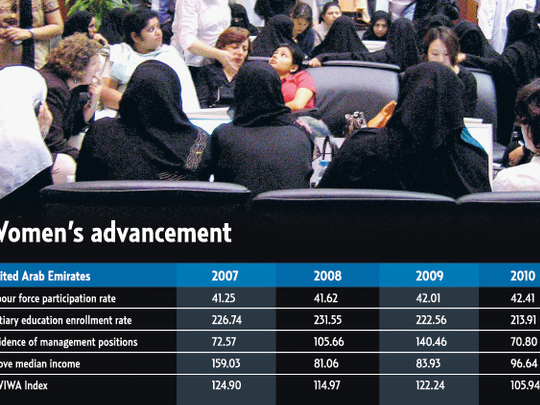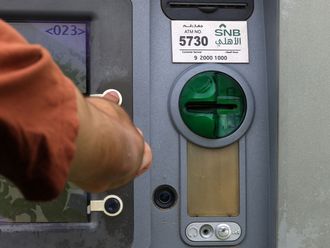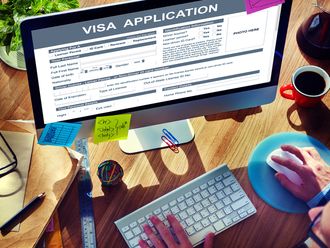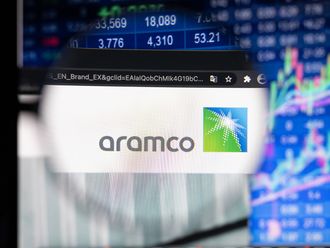
Dubai: Women control about Dh250 billion worth of household wealth in the UAE, according to a study.
"Women earn about $10 trillion (Dh36.7 trillion) a year globally, so the percentage they earn and control is almost the same," according to Knut Storholm, partner and managing director of The Boston Consulting Group (BCG)
"In the UAE, household wealth is about Dh1.3 trillion," he added. "Women control 20 per cent of that. That's about Dh250 billion."
Storholm said that men and women have different behavioural characteristics because they want different things. "For instance men want financial success, women want financial independence. Men want secure financial present. Women want secure financial future."
These descriptions about what people want represent a very different and important service model for banks, he said.
Outlook
The outlook on women's socioeconomic advancement in the Middle East has dropped below the gender equality line from 95.7 in 2007 to 80.7 in 2010, according to the latest MasterCard Worldwide Index of Women's Advancement released yesterday. Complete equality between the genders would be a score of a 100, according to the Index.
A score under 100 indicates gender inequality in favour of males while a score above 100 indicates inequality in favour of females.
The study which was released yesterday during a media roundtable, covers six countries in the region: Egypt, Kuwait, Lebanon, Qatar, Saudi Arabia and the UAE, and is based on four indicators. These indicators are: labour force participation rate, the tertiary education enrolment rate, incidence of managerial positions and individual income compared to the median income.
Two indicators, the labour force and tertiary education, are based on data from international organisations and statistics bureaus.
The two other indicators are based on a survey conducted by MasterCard Worldwide about male and female perceptions of whether they hold managerial positions at the workplace and earn above the median income in the next six months.
Equality
Ranking third after Qatar and Kuwait, the UAE results show a decrease in score from 122.4 in 2009 to 105.9 in 2010, yet it remains above the gender equality line.
"At the end of the day, we should look at this very positively," said Eyad Al Kourdi, Vice President and Country Manager of the Southern Gulf, Oman, Qatar and the UAE at MasterCard Worldwide during the media roundtable.
"From a UAE point of view, we're still above a 100, so there's a positive feeling about women's advancement in the country," he said.
"The testimony for this is the fact that you see more female ministers and you also see the first judge. In our Federal National Council cabinet, a 40-member cabinet, nine members are women," he added. "That's a 22 per cent."
"Compared to advanced countries such as Hong Kong and Singapore, we're still scorign better when it comes to women's advancement," Al Kourdi said.
Perceptions
Women's perception of themselves as making financial decisions in the UAE has also witnessed a drop, according to the results. Only 30 per cent of women believe they hold household's financial decisions this year compared to 60 per cent last year.
Also, a significantly lower proportion of women perceive themselves to be in managerial positions — 71 women per 100 men in 2010 compared to 140 women per 100 men in 2009.












